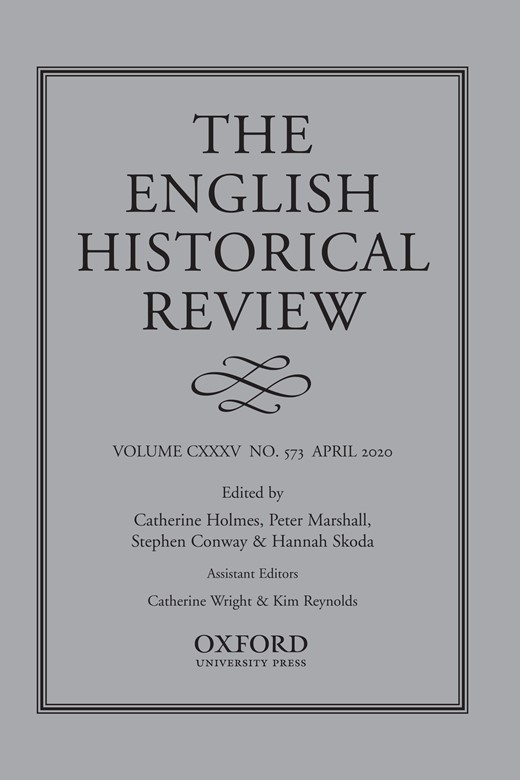-
Views
-
Cite
Cite
Andrew Preston, Republic in Peril: American Empire and the Betrayal of the Liberal Tradition, by David C. Hendrickson, The English Historical Review, Volume 135, Issue 573, April 2020, Pages 536–538, https://doi.org/10.1093/ehr/ceaa040
Close - Share Icon Share
Extract
What would Jesus do? In His Steps, the 1896 bestselling novel by the Kansas minister and Christian progressive Charles Sheldon, asked readers to pose this question whenever they were confronted with a problem in their lives. Ever since, the question has been a popular catchphrase in the United States. At root, it challenges Christians to return to first principles in the face of even the most complex challenges raised by the modern world. In his stimulating and invigorating new book, David C. Hendrickson offers a secular version of Sheldon’s question. In considering the problems of modern US foreign relations, Hendrickson asks readers to weigh them against the original intentions of Thomas Jefferson, Alexander Hamilton, John Adams and other founding fathers. In essence, when confronting the problems of China and Russia, cyber-security and terrorism, Hendrickson wants readers to ask themselves: What would Jefferson do?
Hendrickson is an excellent authority to ask, and answer, this question. As a foremost expert in both the political thought of the early American republic and the whole history of US foreign relations, his interests are eclectic. Such breadth gives him a clear perspective on many of the challenges facing the United States today. This is refreshing, for much of the commentary on US foreign policy lacks any proper perspective and is rather alarmist and ahistorical as a consequence. Hendrickson presents a litany of disastrous foreign-policy decisions in recent times, but his detailed analysis of them is based on two main suppositions: first, the United States is too active (indeed, reactive) in the world and, as a result, actually does more harm than good, to itself as well as to other nations; second, the source of this poor decision-making is due to American leaders straying from the sensible first principles established by the likes of Jefferson and Hamilton more than two centuries ago. Even if the first supposition is more convincing than the second, the book is a wise, learned and searching critique of America’s proper role in the world.



